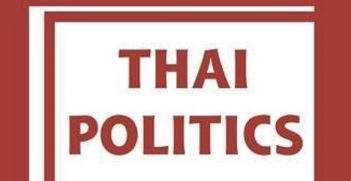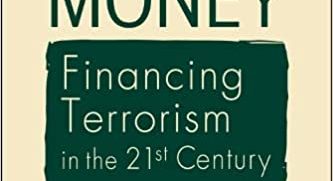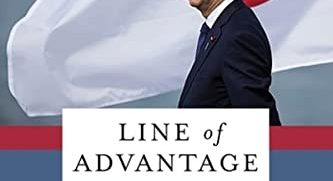Reading Room: The Gatekeepers of Australian Foreign Policy

Australian diplomacy is now a fertile field with an institutional history spanning more than 80 years. Authors no longer plough a lonely furrow. As the title infers, the work is a sweeping survey of Australia’s conduct of international relations in the Menzies era—Prime Minister Robert Menzies was in office for almost all of the period—as applied or analysed by politicians, diplomats and those academics who contributed to policy formation.
This book is well structured and the chapters include: the Cold War, Richard Casey as foreign minister, Ambassador W.D. Forsyth, networking knowledge, the military commitment to South Vietnam and the events in Indonesia in 1965 when a troubled polity was convulsed by the massacre of communists. By isolating a sample, the author offers case studies of diplomacy at work. He helps us answer the question: how did Australia react to these challenges and to what extent was it successful?
Despite Canberra’s yearnings to be truly independent of the US and the UK, Australia’s policy options were often constrained and there were limits to bold and courageous policies if they were inimical to allied group think. For example, in 1956, Suez as an imperial misadventure might have been renamed ‘In Praise of Folly’. Britain was humbled and the US made sure that London fell into line. To their credit, Arthur Tange and Richard Casey tried to dissuade their prime minister without success.
On Vietnam, one can now see why Britain, under a Labour prime minister, Harold Wilson, resisted pressure from Washington to support President Lyndon Johnson in South Vietnam. In Australia, think tanks had a role with mixed results: Professor Tom Millar at the ANU was too optimistic, predicting that South Vietnam would prevail, yet it fell on 30 April 1975. Bill Forsyth and David Anderson, as ambassadors to Saigon, offered realistic pessimism about the conduct of the war yet they were encouraged to pursue the company line, which meant supporting America and Vietnam to the end.
Indonesia was similarly problematic. As a neighbour, Australia has to live with Indonesia in perpetuity. Incautious foreign policy towards Jakarta has long-term consequences. Australia had to acquiesce to Indonesia’s incorporation of Dutch New Guinea. Australia did not respond as, under an erratic President Sukarno, Indonesia lost control of its history and upwards of a million of its people, predominantly communists, lost their lives. This conflict occurred whilst Australia had joined with Britain and other Commonwealth partners in protecting the newly-formed Malaysia from Indonesia during the Confrontation (1962-1966).
One hallmark of the book is the attention given to the recruitment, training, placement and promotion of the annual diplomatic cadres and the organisational psychology within the former Department of External Affairs. A selection panel looked for worthy attributes within its young men and far fewer women and found that attending a prestigious school was not a handicap to appointment (contrary to view of several jaundiced parliamentarians, Geelong Grammar was not created solely to act as a pipeline to pump its successful graduates into the Australian diplomatic service). Resignation was the ultimate expression of dissatisfaction as some staff cadets found that diplomacy was not as rewarding as promised.
Adam Henry has written a seminal book which is a must-read for anyone with an interest in Australian foreign policy. As a visiting fellow at the school of Culture, History and Language at the ANU College of Asia and the Pacific he has adapted his PhD thesis submitted in 2012.
Books on Australian diplomacy were once slow to emerge and mainly consisted of former foreign ministers, ambassadors and other diplomats relaying through their memoirs to what extent their individual efforts might have contributed to key initiatives which advanced Australia’s interests, whether domestically or globally. Progress has been marked by several texts but, for the most part, early attempts were dry and they are dated, trapped within an age which many younger readers are unable to relate to.
Adam Henry has been assiduous in rounding up the usual suspects in diplomacy, beyond those who, having left us, lack the option to square the record. One should not speak for the other and here the author both explains and describes why the players acted as they did under a conservative prime minister who had his own views.
This reviewer has not unduly agonised over the author’s reasoning; that privilege is yours so do attempt to acquire the book as you will be the better for it. I would not want to deprive you of that enjoyment as you enter Adam Henry’s account of the fourth world, global diplomacy.
Adam Hughes Henry, The Gatekeepers of Australian Foreign Policy 1950-1966, Australian Scholarly Publishing, North Melbourne, 2015, ISBN 9781925003499.
Mike Fogarty served in the Department of Foreign Affairs and Trade from 1973-2001. He graduated from a Master of Arts specialising in Military History from UNSW at ADFA.





